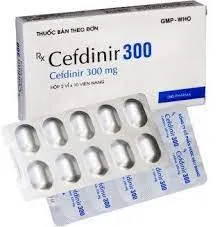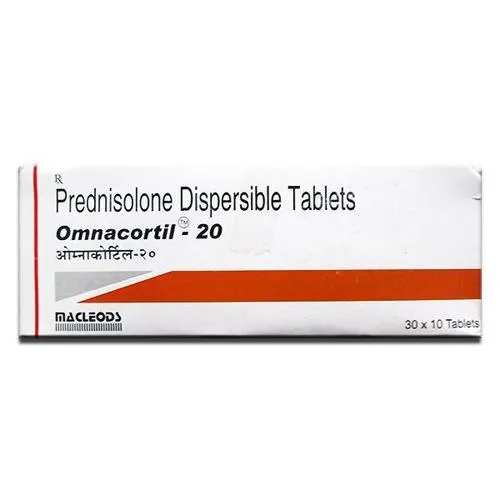Cefdinir 300mg Capsules
Welcome to our comprehensive guide on Cefdinir 300mg capsules, an antibiotic medication used to treat a variety of bacterial infections. In this article, we will delve into the details of Cefdinir 300mg capsules, including their uses, dosage, potential side effects, precautions, and other essential information.
What is Cefdinir 300mg Capsules?
Cefdinir 300mg capsules belong to the class of cephalosporin antibiotics and are used to treat various bacterial infections. Cefdinir works by inhibiting the growth of bacteria and is effective against a wide range of pathogens.
Uses of Cefdinir 300mg Capsules
Cefdinir 300mg capsules are prescribed for the treatment of bacterial infections in both adults and children. Some common uses include:
1. Respiratory Infections
Cefdinir is effective in treating respiratory infections such as:
- Acute bacterial sinusitis
- Community-acquired pneumonia
- Acute exacerbation of chronic bronchitis
2. Ear Infections
For bacterial ear infections, especially in children, Cefdinir 300mg capsules may be prescribed.
3. Skin and Soft Tissue Infections
Cefdinir is also used to treat skin and soft tissue infections caused by susceptible bacteria.
Dosage and Administration
The dosage of Cefdinir 300mg capsules is determined by the type and severity of the infection, the patient's age, weight, and other factors. It is essential to strictly follow the instructions provided by your healthcare provider. The capsules are typically taken orally with or without food, as directed.
Potential Side Effects
Cefdinir 300mg capsules may cause side effects in some individuals. Common side effects may include:
- Nausea
- Diarrhea
- Vomiting
- Abdominal pain
- Headache
- Skin rash
Most side effects are mild and do not require medical attention. However, if you experience severe or persistent side effects, contact your healthcare provider.
Precautions and Warnings
While Cefdinir 300mg capsules are generally safe and well-tolerated, certain precautions should be taken:
1. Allergies
Inform your healthcare provider if you are allergic to cephalosporin antibiotics or any other medications.
2. Pregnancy and Breastfeeding
If you are pregnant or breastfeeding, consult your doctor before taking Cefdinir 300mg capsules, as it may have potential risks to the fetus or infant.
3. Renal Impairment
Patients with severe renal impairment may require dosage adjustments. Consult your healthcare provider for appropriate dosing in such cases.
4. Other Medications
Inform your healthcare provider about all the medications, supplements, or herbal products you are taking. Cefdinir 300mg capsules may interact with certain drugs, affecting their effectiveness or causing adverse effects.
Overdose and Emergency Information
In case of an overdose or emergency, seek medical attention immediately. Symptoms of overdose may include severe vomiting, diarrhea, and difficulty breathing.
Conclusion
In conclusion, Cefdinir 300mg capsules are valuable antibiotics used to treat a variety of bacterial infections. Understanding its uses, dosage, potential side effects, precautions, and interactions is crucial for both patients and healthcare providers.
As always, this article serves as an informative guide and should not replace professional medical advice. If you have any specific concerns or questions about Cefdinir 300mg capsules, consult your healthcare provider for personalized guidance.









